Potential Benefits Of Cloud Computing You Should Know
4.9 out of 5 based on 5642 votesLast updated on 21st Jan 2024 9.8K Views
- Bookmark

Cloud computing offers scalable, cost-effective, and flexible solutions for data storage, processing, and accessibility, fostering innovation and efficiency.

TOC:
Read the advantages or benefits of cloud computing and what makes it a highly promising choice for your career!
- Overview
- What is Cloud Computing?
- History of cloud computing
- Some Examples of Cloud Computing
- Top 10 benefits of cloud computing for industries
- Cloud Computing: A promising career choice
- Choose Croma Campus to Learn the benefits of cloud computing
Overview:
Cloud computing helps businesses by letting many people see and share data in real-time. Using cloud software makes teamwork smoother than ever. Moving to the cloud is the best way to keep your business competitive.
In the past, people ran programs from software stored on their computers or servers. But now, with cloud computing, there's no need for those downloads. You can access the same services online from anywhere and see updates instantly.
Why do businesses love cloud computing? It boosts efficiency, helps cash flow, and brings many other benefits. Check out the top ten benefits of cloud computing in this blog. Also, check out how cloud computing has become a new IT buzz for beginners looking to start a career in the technology domain.
What is Cloud Computing?
Cloud computing means using the internet for computer stuff. Instead of storing data or using programs on your device, you do it online. It could be using servers in a faraway place or having flexible, easily expandable services.
Cloud Computing Operation:
- Delivers computing resources (like IT infrastructure or data centres via the Internet.
- Allows renting storage space or accessing software from a cloud provider, avoiding the need to build and maintain personal IT infrastructure.
- Companies pay for the resources they utilize, offering cost-efficiency.
Technical Aspects:
- Frontend: Permits user access to cloud-stored data and programs through web browsers or specific cloud applications.
- Backend: Comprises servers, computers, and databases that store the data.
History of Cloud Computing:
- 1996: The term "cloud computing" first appears in a Compaq internal document.
- 1999: Salesforce pioneers delivering enterprise applications over the internet, marking the start of Software-as-a-Service (SaaS).
- 2002: Amazon launches Amazon Web Services (AWS), offering various cloud-based services encompassing storage, computation, and human intelligence.
- 2006: Amazon introduces Elastic Compute Cloud (EC2), enabling renting virtual computers for running personal applications.
- 2009: Google Workspace (formerly Google Apps) initiates browser-based enterprise applications. Microsoft entered the field with Microsoft Azure, followed by other companies like Oracle and HP.
Google Cloud Professional Certification Cost In India
Google Cloud Platform Components
Some Examples of Cloud Computing:
- Salesforce: Offers tools for businesses to manage customer relationships and work from anywhere.
- DigitalOcean: Helps software developers deploy and grow applications on multiple cloud servers.
- Microsoft Azure: Supports building and running applications, providing tools for developers at every stage.
- Dropbox: Stores files in the cloud, letting users access and share them from anywhere, aiding collaboration.
How does the cloud support CRM?
Salesforce leads cloud-based enterprise solutions, including CRM and marketing automation. Streamlines businesses and enhances customer interactions through cloud-based tools.
Top 10 benefits of cloud computing for industries:
Cloud solutions have become a top demand in the IT industry. Here are some strong reasons why cloud computing is just loved by industries and small businesses.
1. Flexibility in Scalability:
- Cloud services adjust easily to changing bandwidth needs.
- Businesses can expand or shrink their cloud capacity as needed.
- This agility gives them an edge in operations over competitors.
2. Disaster Recovery and Data Safety:
- Cloud solutions offer robust disaster recovery, even for smaller businesses.
- Saves time and avoids huge upfront investments by providing recovery solutions.
3. Automated Updates and Maintenance:
- Cloud servers are managed off-site, ensuring regular updates, including security patches.
- Businesses can focus on growth while the service provider handles maintenance.
4. Reduced Capital Expenditure:
- Eliminates the high cost of hardware by adopting a pay-as-you-go model.
- Simplifies setup and management, making cloud adoption more accessible.
5. Enhanced Collaboration:
- Cloud-based tools enable teams to access, edit, and share documents from anywhere.
- Real-time updates improve collaboration and workflow visibility.
6. Remote Work Flexibility:
- Allows work from anywhere with an internet connection, often through mobile apps.
- Enables flexible working arrangements without compromising productivity.
7. Improved Document Control:
- Centralized storage in the cloud eliminates version conflicts and messy email exchanges.
- Greater visibility leads to better collaboration and work quality.
8. Enhanced Security Measures:
- Cloud storage protects data even if a device is lost, providing access from anywhere.
- Offers heightened security measures, gaining trust among IT leaders.
9. Competitive Edge with Cloud Software:
- Cloud access to advanced technology levels the playing field for smaller businesses.
- Allows smaller entities to act swiftly and competitively against larger counterparts.
10. Time-Saving Features:
- Specialized platforms ease the transition to the cloud and offer ongoing support.
- Integration with cloud services helps save time and effort for businesses.
Cloud Computing: A Promising Career Choice for Learners
Cloud computing is a hot career choice in IT because many companies need experts in it. Skilled professionals are wanted for jobs like developers and engineers because more businesses use cloud solutions. In this field, you can work with cool technology, handle complex systems, and keep learning to grow your career.
Expertise in cloud platforms brings immense value, impacting scalability, security, and cost-efficiency, promising lucrative job prospects and stability in the ever-evolving IT realm.
- High Demand: Businesses seek skilled cloud professionals.
- Dynamic Field: Constant learning and growth opportunities.
- Versatile Expertise: Impact on scalability, security, and cost-effectiveness.
- Job Stability: Lucrative prospects in the evolving IT landscape.
Choose Croma Campus to Learn the Benefits of Cloud Computing:
- Comprehensive Learning: Explore diverse benefits and applications.
- Expert-Led Training: Gain insights into scalability, cost-effectiveness, and security.
- Real-World Applications: Practical understanding for industry relevance.
- Skill Development: Acquire in-demand expertise sought by top companies.
Subscribe For Free Demo
Free Demo for Corporate & Online Trainings.
Your email address will not be published. Required fields are marked *
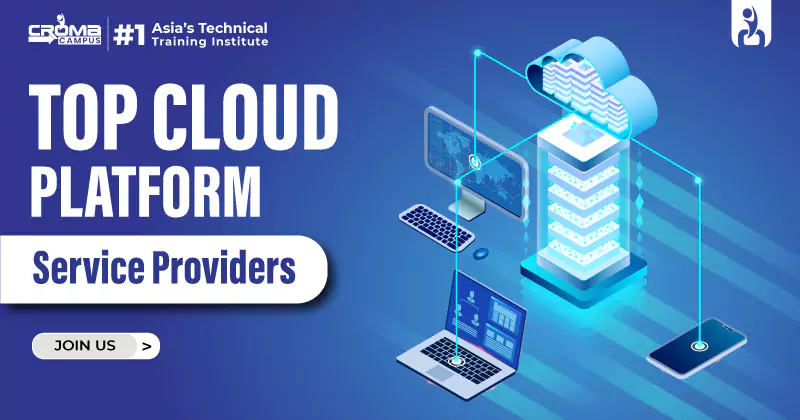

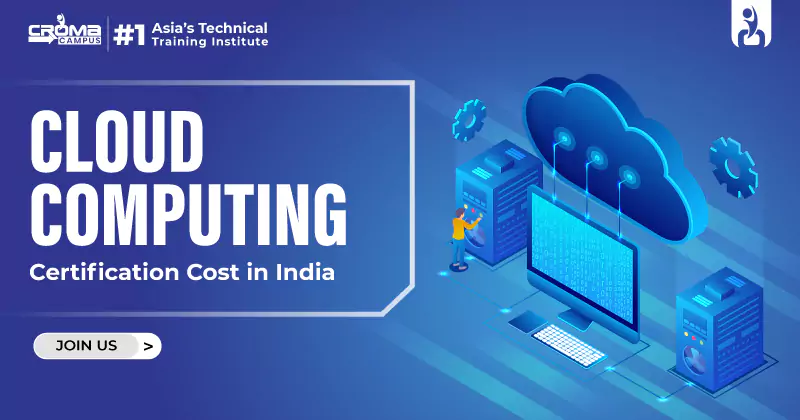
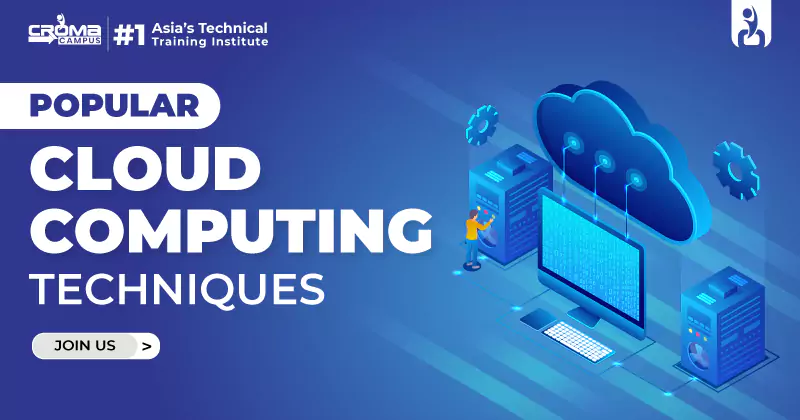
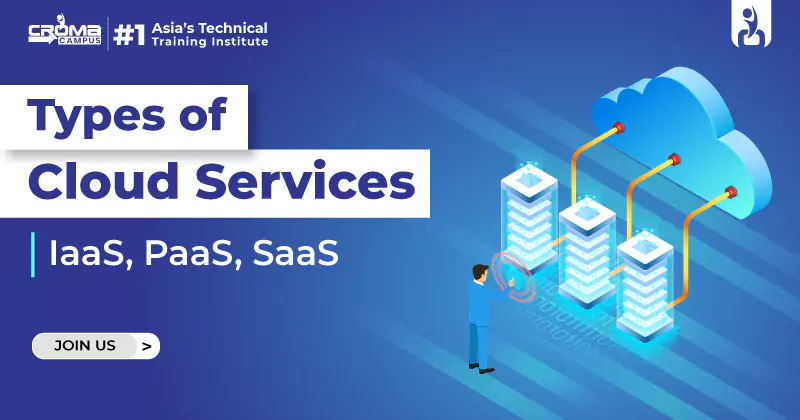

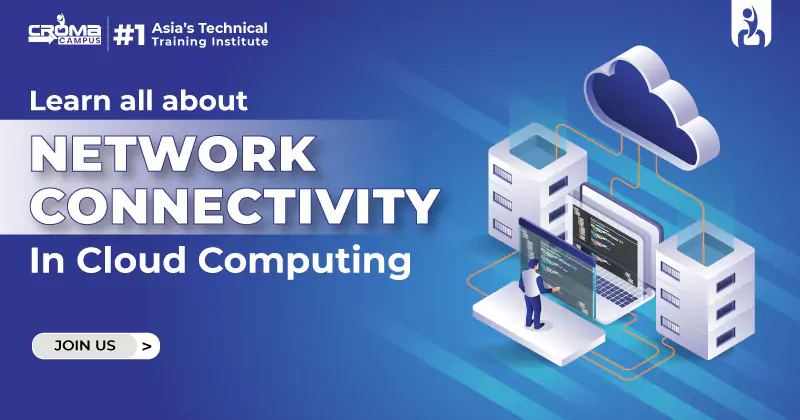

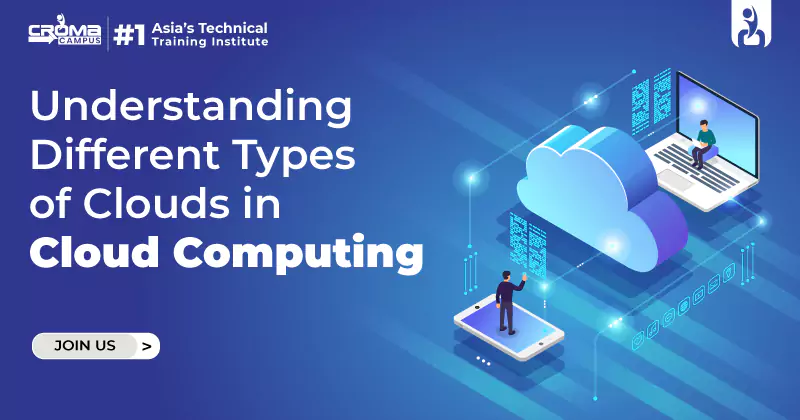

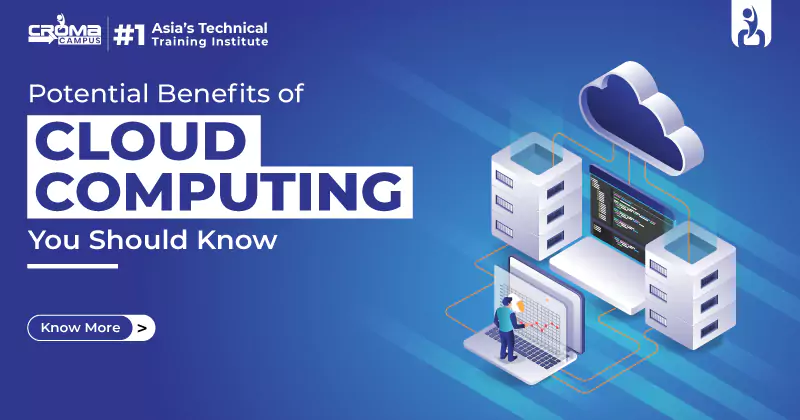
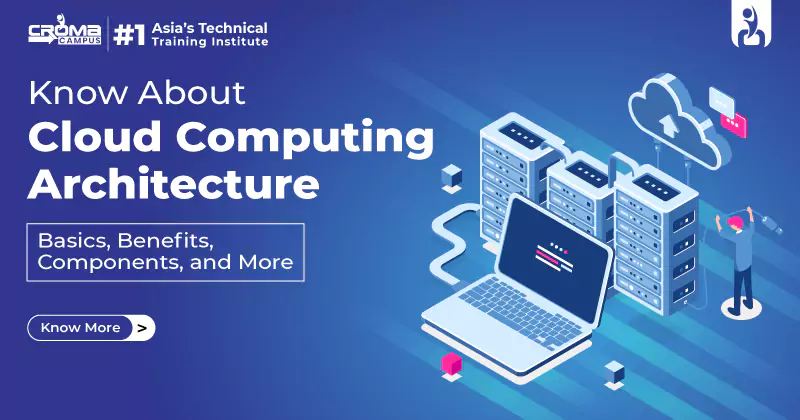










 Master in Cloud Computing Training
Master in Cloud Computing Training